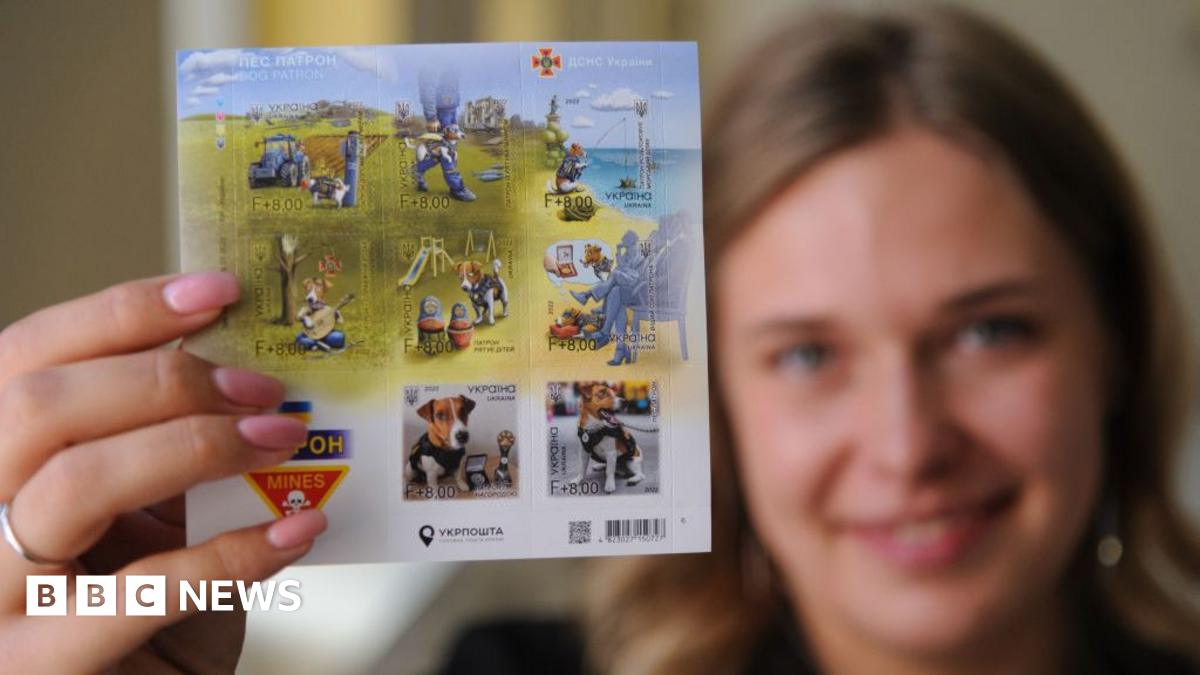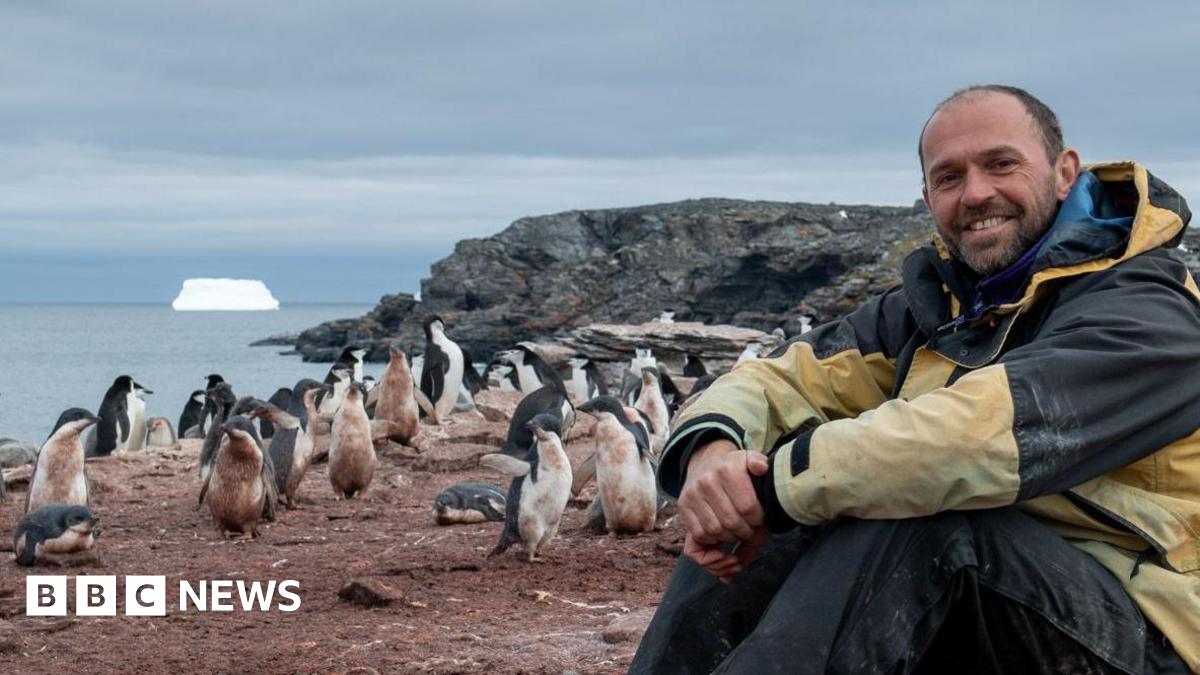Russia’s top investigator Alexander Bastrykin has ordered law enforcement authorities to launch a criminal investigation into alleged “failures” in addressing the cleanup of a major oil spill along the Black Sea coast in southern Russia.
The spill occurred after two Russian tankers were damaged during a storm on Dec. 15, releasing thousands of tons of heavy fuel oil into the Black Sea. Authorities reported Monday that the spill has polluted approximately 55 kilometers (34 miles) of coastline.
Bastrykin, who heads Russia’s Investigative Committee, placed the case under the oversight of the committee’s central office in Moscow. He directed the Krasnodar branch of the committee to initiate a criminal probe and provide updates on its progress.
Investigators expressed “concerns over the lack of measures taken to mitigate the consequences of an environmental disaster” in the seaside resort city of Anapa in the southern Krasnodar region.
“Cleanup efforts along the shoreline have been left to concerned citizens, as no specialized equipment has been allocated, nor has a system been organized for waste removal,” the Investigative Committee said in a statement, though it stopped short of assigning blame to specific individuals or organizations.
Investigators described the spill’s effects as “severe pollution of water and soil, widespread destruction of flora and fauna, and the deaths of over 10 dolphins.”
The spill was caused when the Volgoneft 212 tanker split in half and the Volgoneft 239 ran aground during the storm. One crew member died from hypothermia, while 26 others were rescued. Together, the tankers carried roughly 9,200 tons of mazut — a low-grade heavy fuel oil — with an estimated 40% spilling into the sea.
At his annual press conference Thursday, President Vladimir Putin attributed the disaster to the tankers’ captains, claiming that they ventured out to sea without authorization.
Meanwhile, volunteers and activists have criticized regional authorities for their inadequate response to the environmental crisis. Many volunteers have had to organize cleanup efforts independently, purchasing equipment and cleaning supplies with their own money.
Russian authorities have so designated the spill as a local emergency, a classification environmental experts say limits the scope and effectiveness of the government’s response.
A Message from The Moscow Times:
Dear readers,
We are facing unprecedented challenges. Russia's Prosecutor General's Office has designated The Moscow Times as an "undesirable" organization, criminalizing our work and putting our staff at risk of prosecution. This follows our earlier unjust labeling as a "foreign agent."
These actions are direct attempts to silence independent journalism in Russia. The authorities claim our work "discredits the decisions of the Russian leadership." We see things differently: we strive to provide accurate, unbiased reporting on Russia.
We, the journalists of The Moscow Times, refuse to be silenced. But to continue our work, we need your help.
Your support, no matter how small, makes a world of difference. If you can, please support us monthly starting from just $2. It's quick to set up, and every contribution makes a significant impact.
By supporting The Moscow Times, you're defending open, independent journalism in the face of repression. Thank you for standing with us.
Continue
![]()
Not ready to support today?
Remind me later.
.png)
 13 hours ago
3
13 hours ago
3



/cdn.vox-cdn.com/uploads/chorus_asset/file/25515570/minesweeper_netflix_screenshot.jpg)




 English (US) ·
English (US) ·